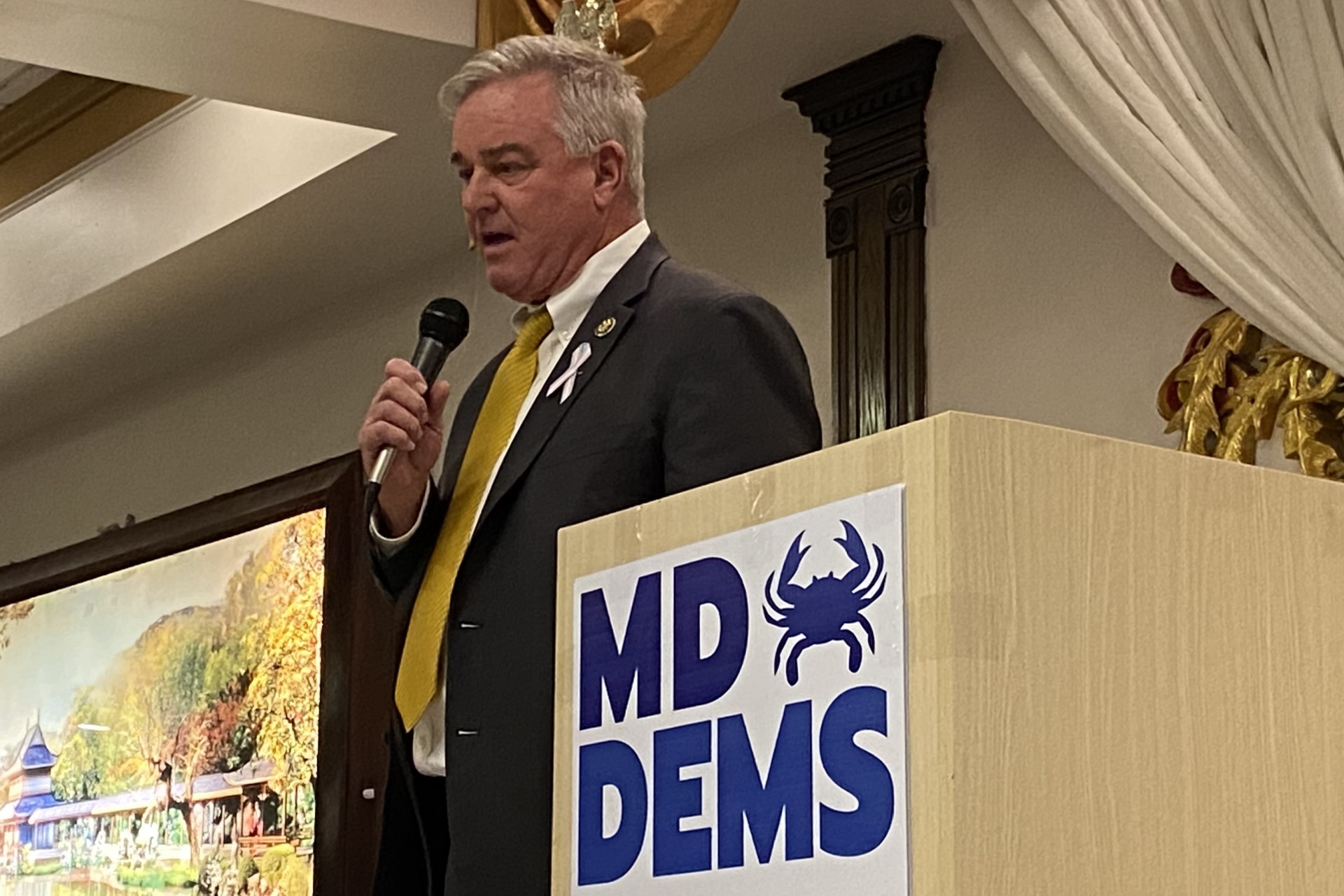Opinion: Franchot’s Political Opportunism Backfires

There is a moral to the story of House Bill 1052 which, if passed by the Maryland General Assembly and enacted into law, would transfer responsibility for enforcing state regulations on the alcohol and tobacco industries from the state comptroller to a newly formed Alcohol and Tobacco Commission. The moral is that if you make a political nuisance out of yourself, don’t hand the politicians that you are annoying the ammunition they need to shoot you down. In other words, don’t do what state Comptroller Peter Franchot has done.
Make no mistake about it, the impetus behind House Bill 1052 is raw politics. As luck would have it, however, the legislation makes a small but important change to Maryland governance.
Mr. Franchot is not the first comptroller to use that elected office as a forum to espouse views on subjects only vaguely related to its duties. He has, however, elevated use of the position as a platform for political opportunism to an art form. Along the way he has alienated scores of powerful state politicians, including Speaker of the House of Delegates Mike Busch and President of the Senate Mike Miller.
Mr. Franchot gained the lasting enmity of fellow Democrats for using his seat on the state Board of Public Works to side with Republican Gov. Larry Hogan in excoriating Democratic Baltimore County Executive Kevin Kamenetz for the lack of air conditioning in many Baltimore County schools. Until his death in May, Mr. Kamenetz was widely seen as the leading contender to run against Mr. Hogan in last year’s governor’s race.
Democrats fumed at what they saw as an unholy alliance between Mr. Franchot and Mr. Hogan that turned the Board of Public Works into a partisan political weapon aimed at a potential Democratic candidate for governor. Highly regarded state public school construction chief David Lever resigned in protest over their heavy-handed tactics. Last year, the General Assembly stripped the board of its authority over school construction projects.
Mr. Hogan rewarded Mr. Franchot for his support on the Board of Public Works by issuing an executive order in 2016 that implemented Mr. Franchot’s longtime goal of prohibiting local school districts from starting the school year until after Labor Day. Never mind that the job of comptroller has nothing to do with public school schedules.
And never mind that Maryland law takes care to try to separate educational policy from partisan politics and to preserve local control of public schools. Mr. Franchot, once described by Baltimore Sun columnist Dan Rodricks as a “publicity-seeking missile,” was not about to worry about such formalities and forego the chance to exploit an issue popular in vote-rich suburban counties.
Mr. Franchot’s school year victory may be short-lived. The General Assembly is working to overturn the governor’s executive order during the current session.
Mr. Franchot’s reelection campaign last year had a particularly insulting, sanctimonious tone, with Mr. Franchot portraying himself as a “reformer” crusading against the special interests that he claimed had a stranglehold on the General Assembly. In one notable ad, he accused lawmakers of being drone-like “yes men” for Mr. Miller, whom he described as a “machine boss.”

David A. Plymyer
That was more than the legislators could bear, given Mr. Franchot’s own history. Having an elected official responsible for regulatory enforcement is fraught to begin with, especially in a state with Maryland’s checkered past. Maryland is one of only three states in which regulation of the alcohol industry is in the hands of an elected official.
Mr. Franchot compounded that concern not only by actively seeking changes to the laws governing the alcohol industry, but also by accepting campaign contributions from representatives of the industry subject to his office’s regulatory authority. His defense – “everybody takes money from the alcohol industry” – rings a bit hollow.
His single-minded pursuit of statutory changes favorable to the craft beer industry was not lost on members of the General Assembly. Sen. Ben Kramer (D-Montgomery) accused Mr. Franchot of “extorting” money from the industries he regulates, adding: “His lies know no bounds when it comes to a pot of gold.”
Ironically, Mr. Franchot’s support of causes popular with the electorate may be the kiss of death for those issues in the General Assembly. He told reporters last month that he couldn’t get any member to introduce bills that he deemed important to reform of the brewing industry.
Mr. Franchot has a knack for attaching himself to popular causes and endearing himself to the voters, less of a knack for working with people to actually get things done. A team player he isn’t.
House Bill 1052 likely will not put an end to Mr. Franchot’s political opportunism. It will at least make a worthwhile change to state government, removing important regulatory duties from direct control by an elected official who might confuse those regulatory duties with his political ambitions.
–David A. Plymyer
The writer is a former county attorney in Anne Arundel County. He can be reached at [email protected]. Twitter: @dplymyer




 Creative Commons Attribution
Creative Commons Attribution